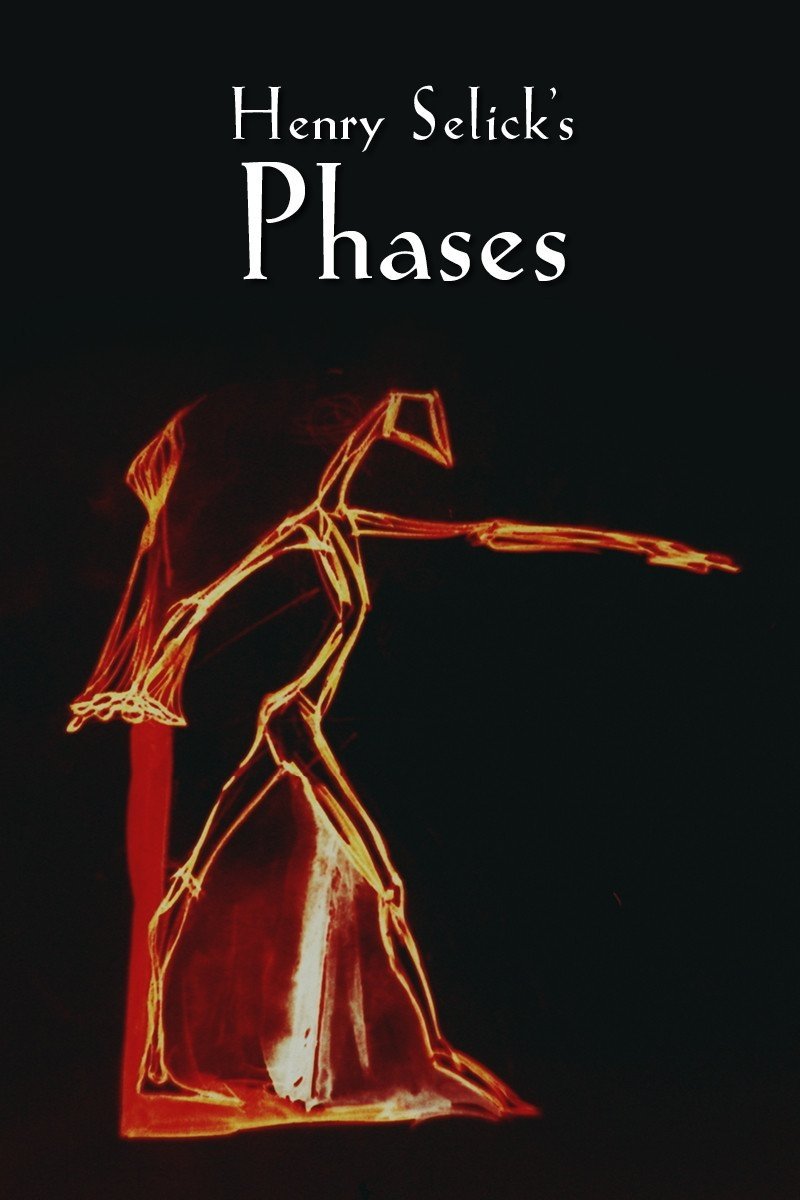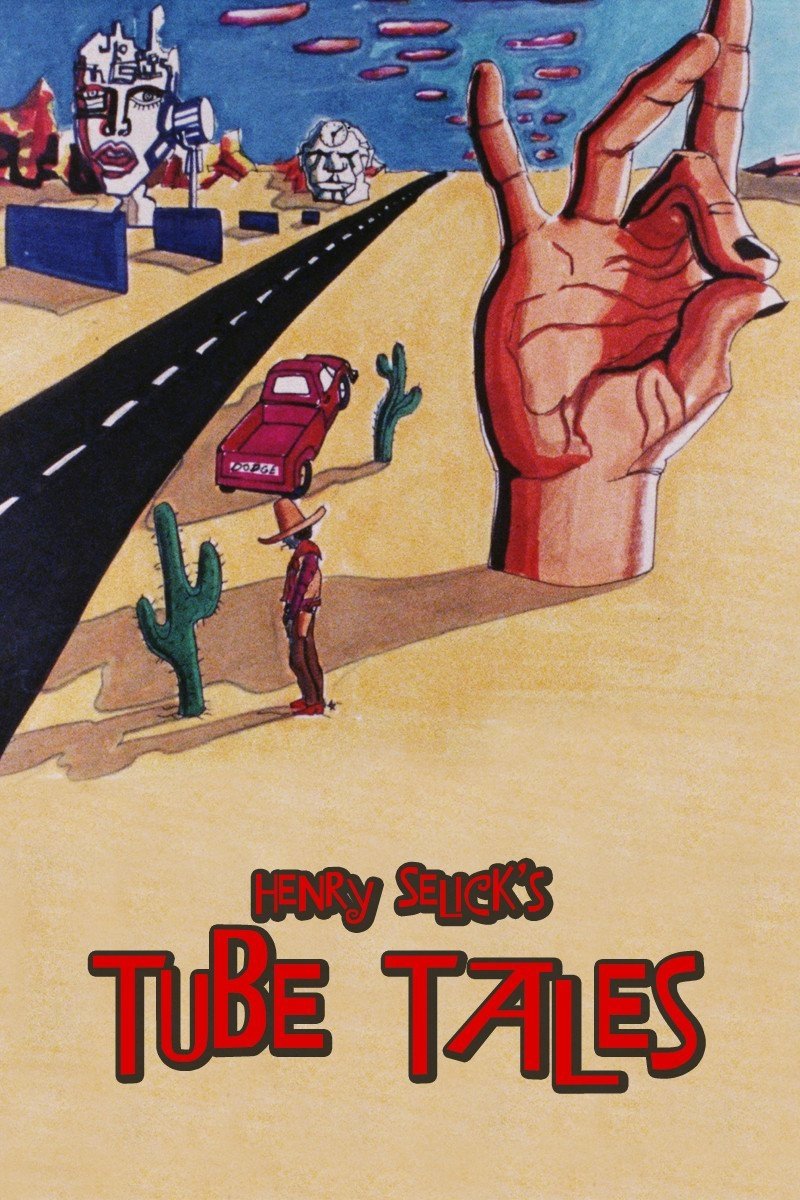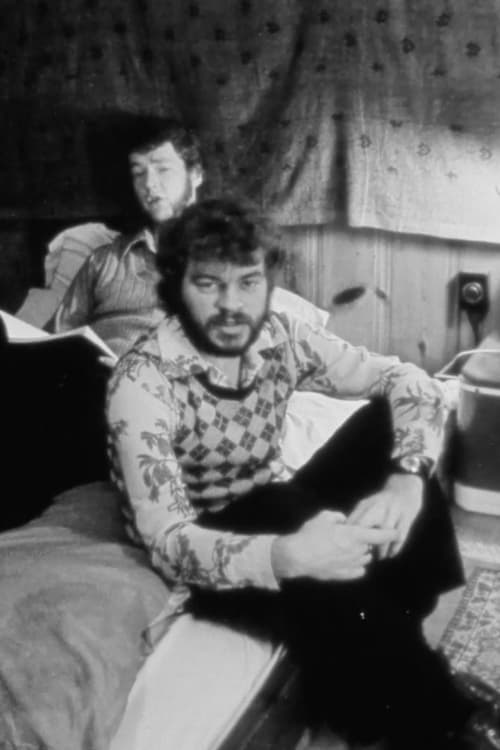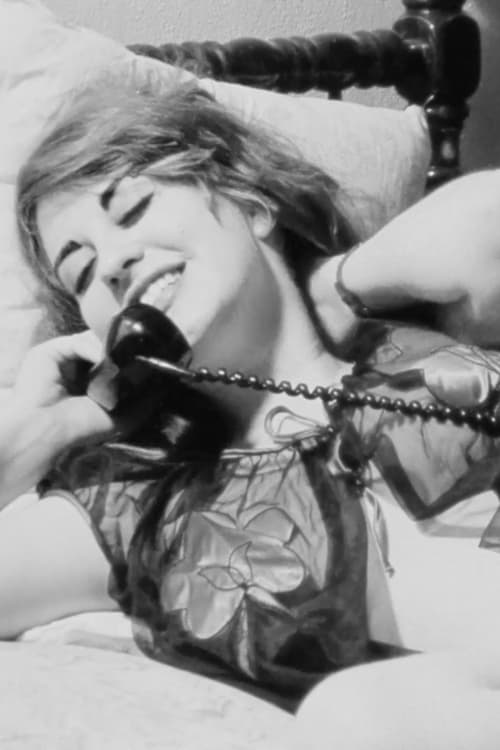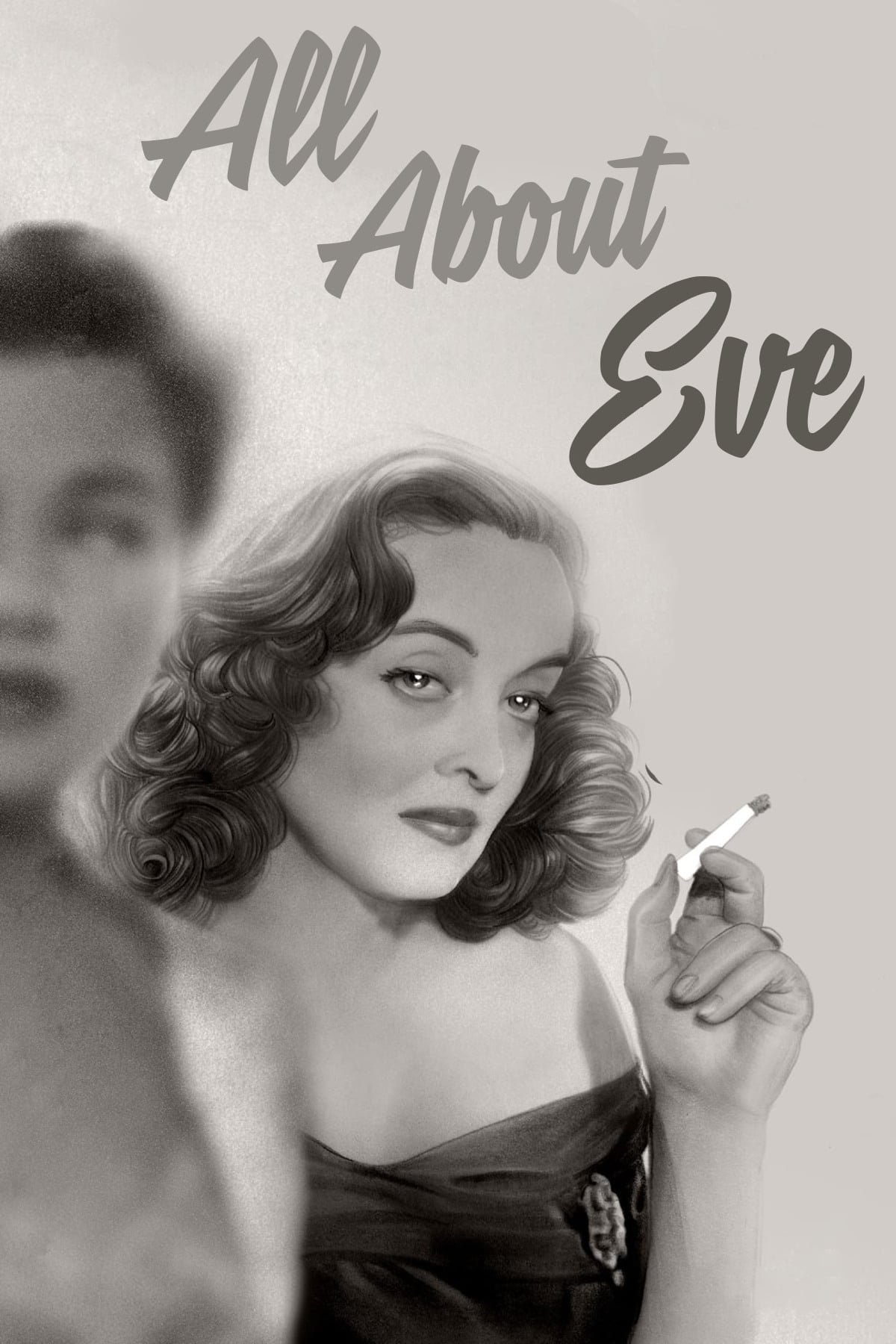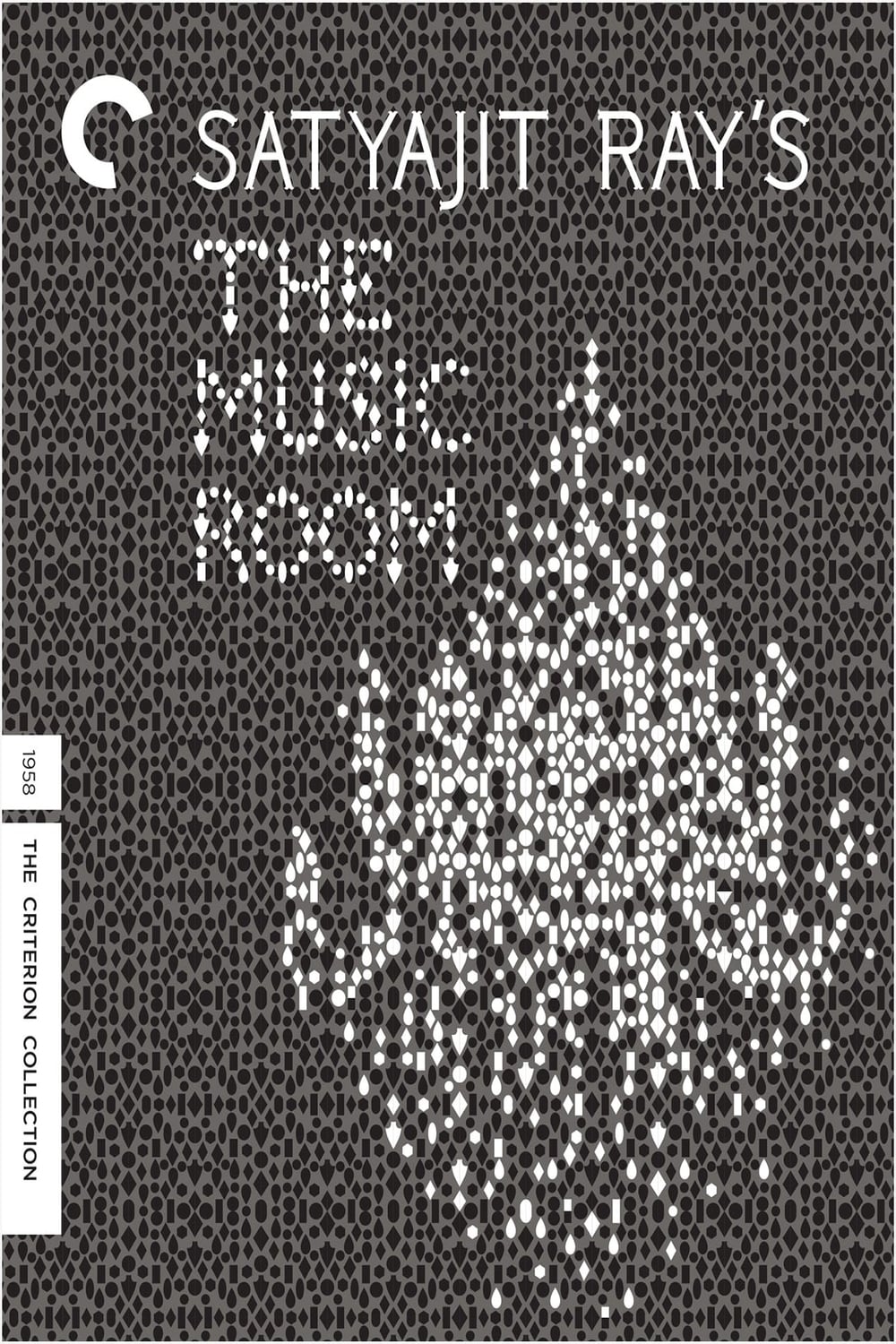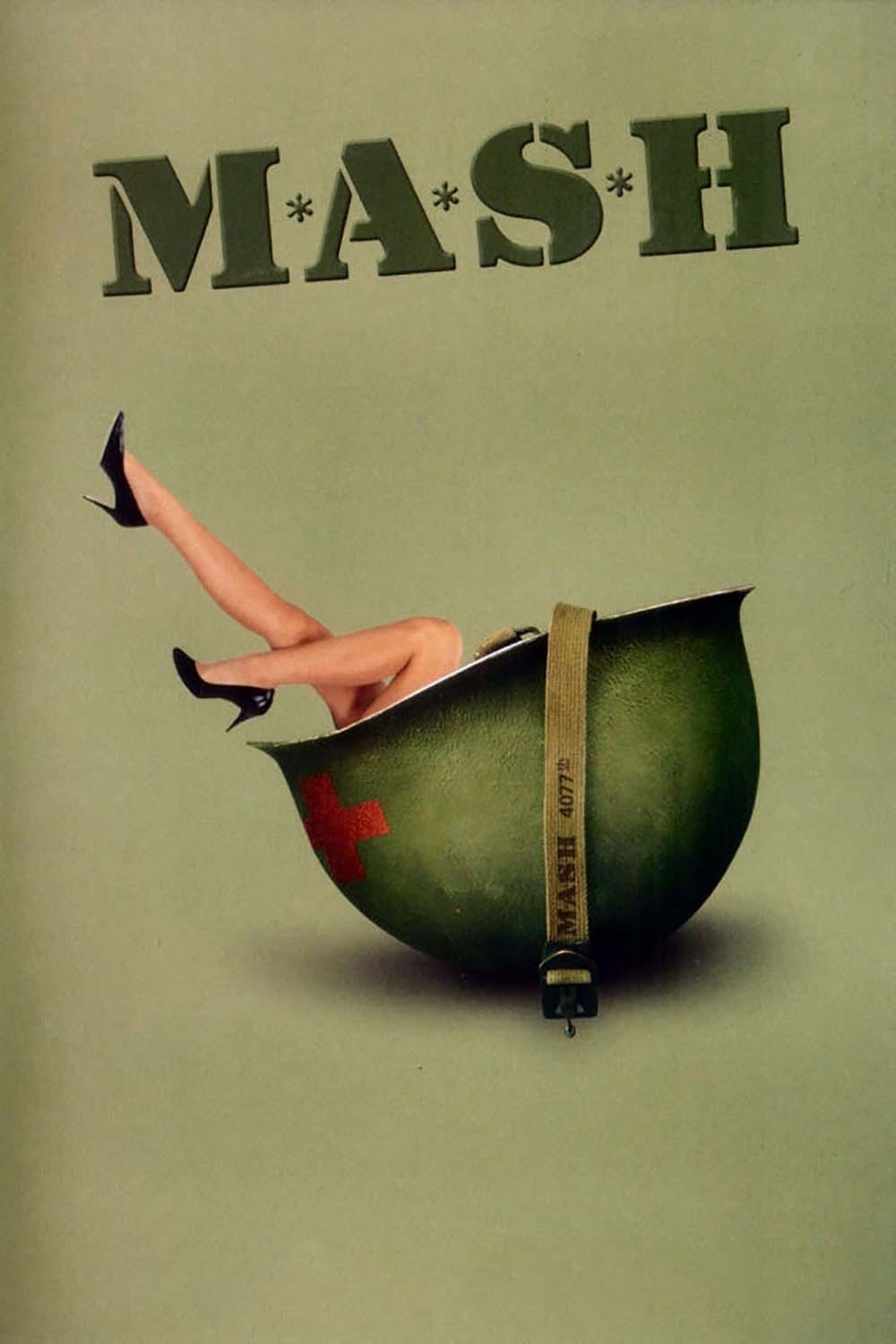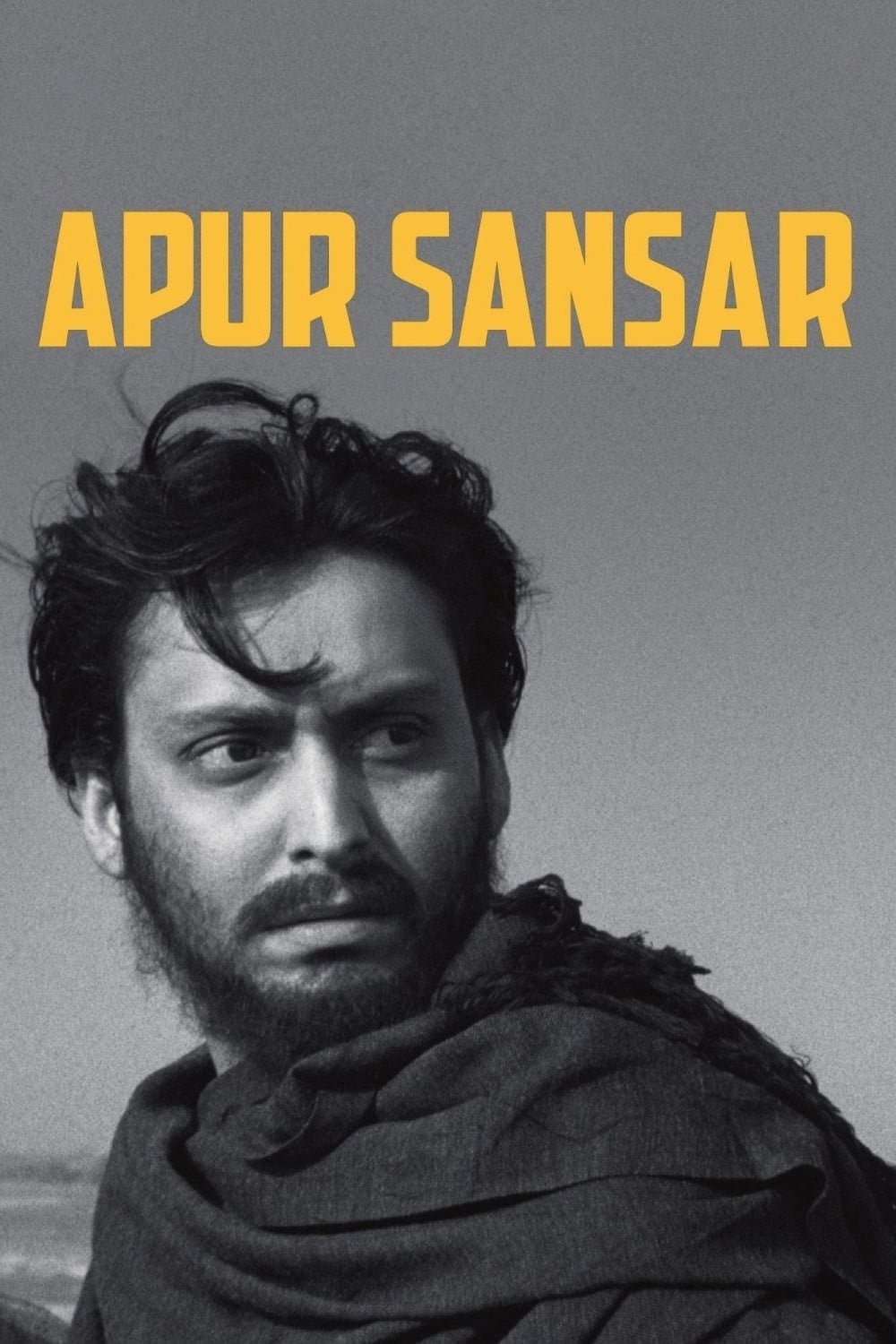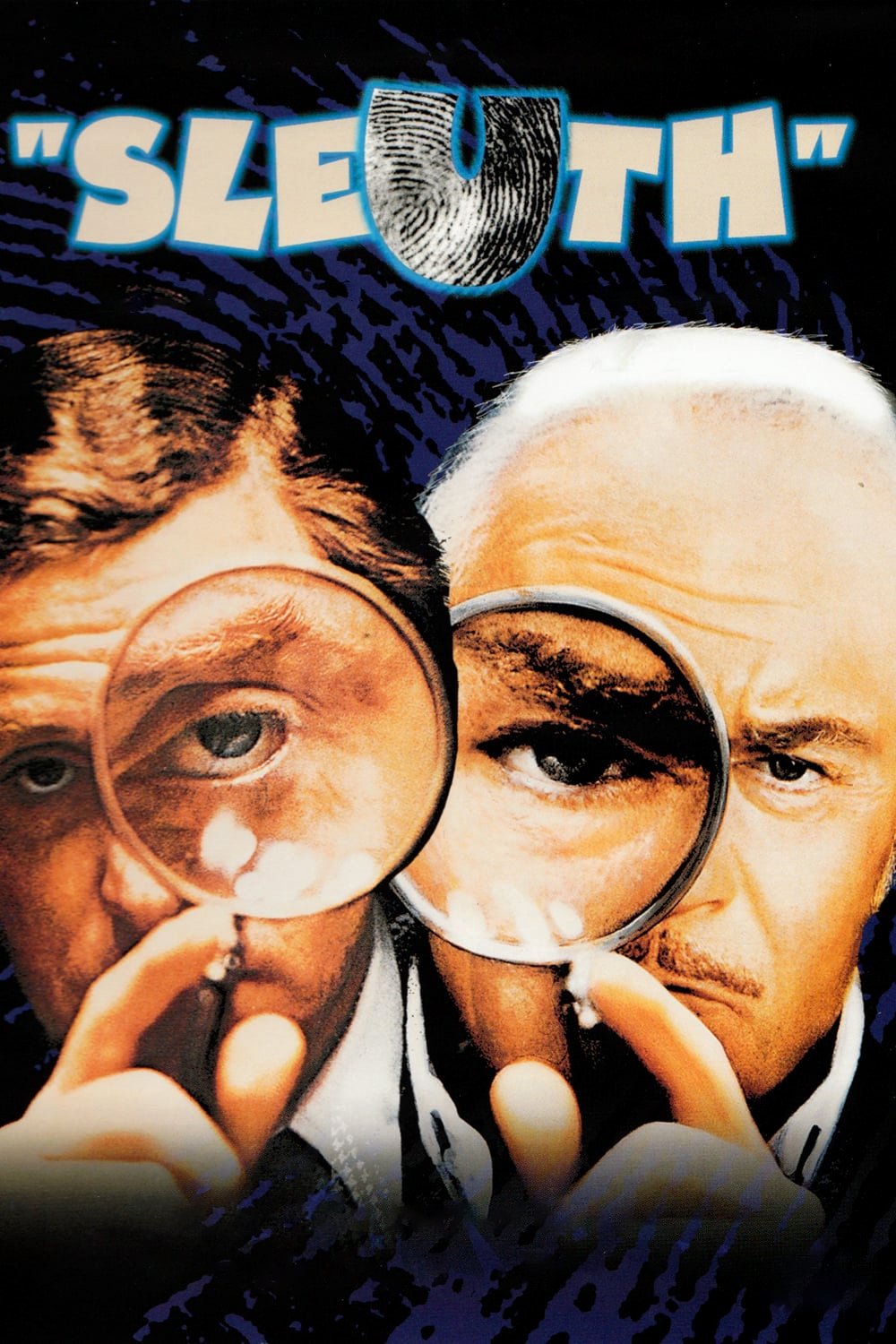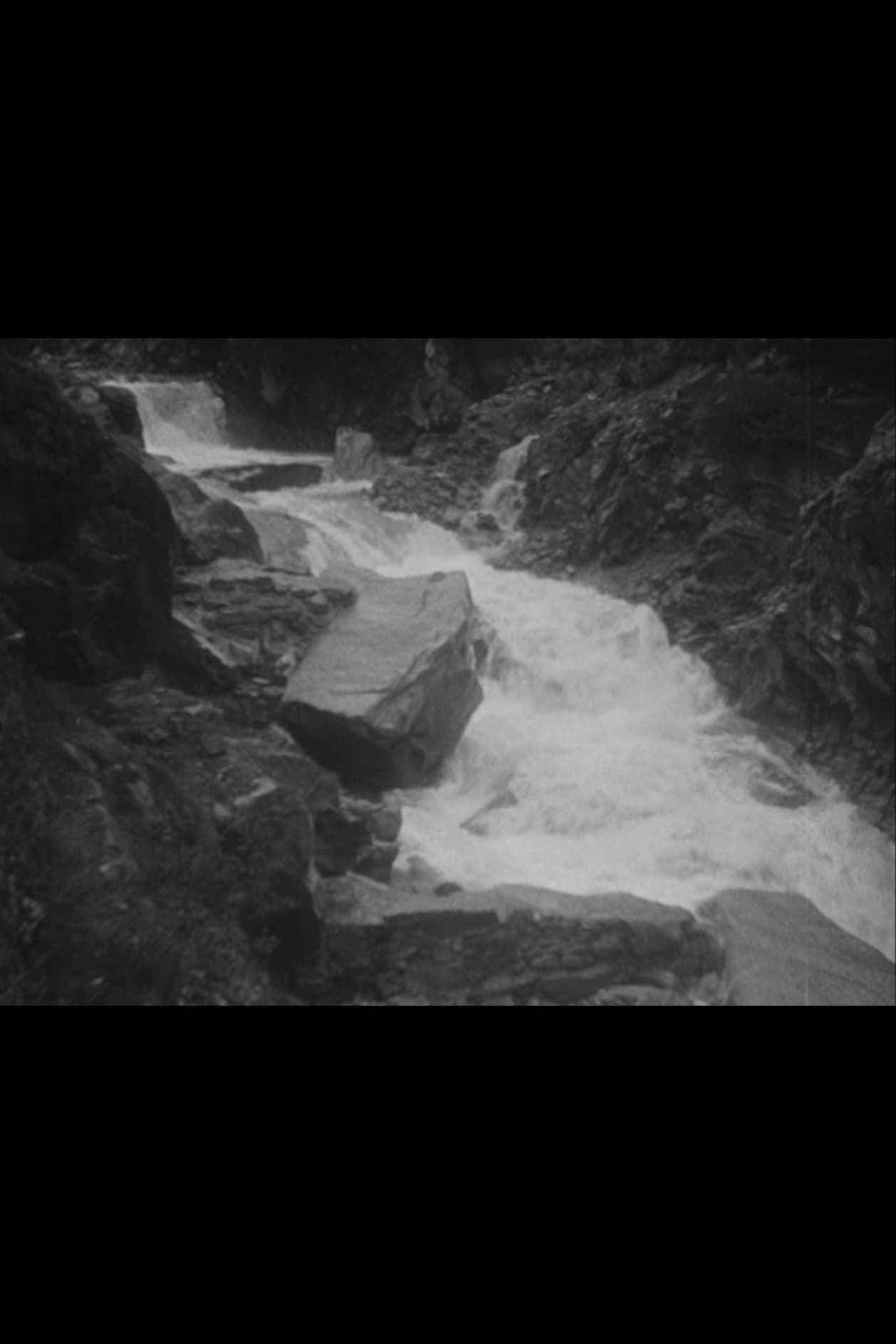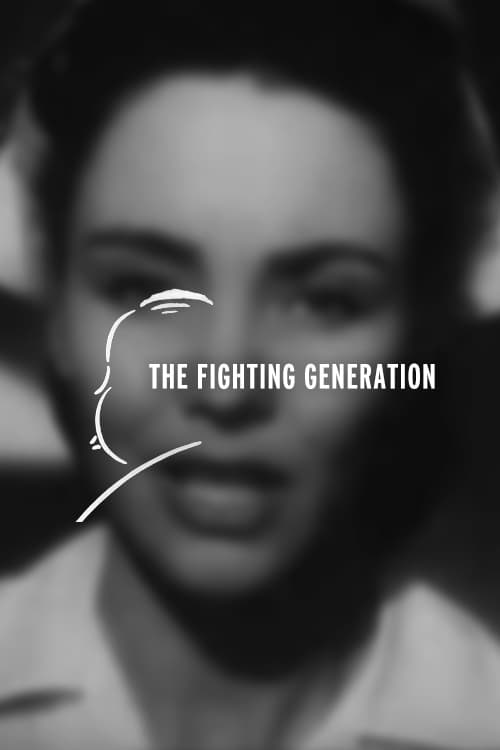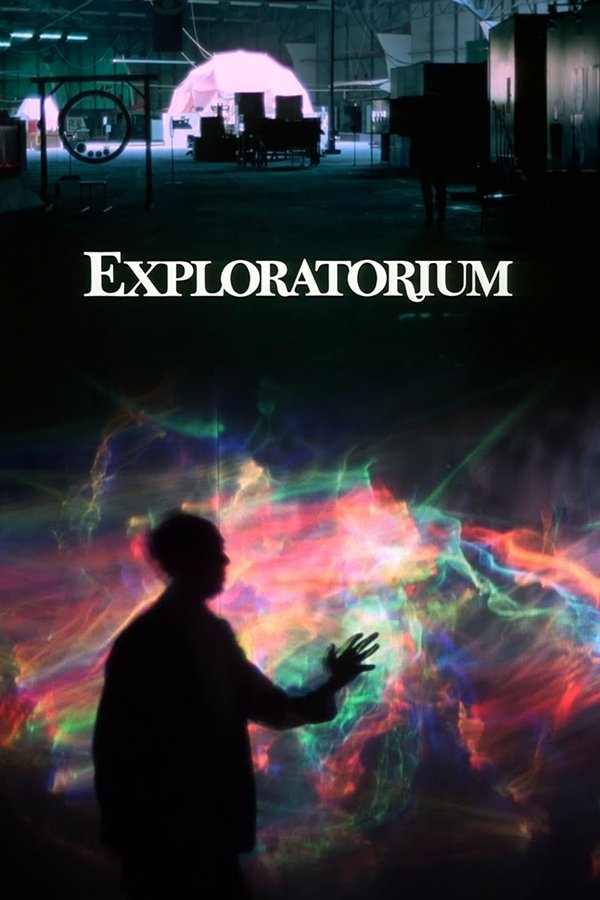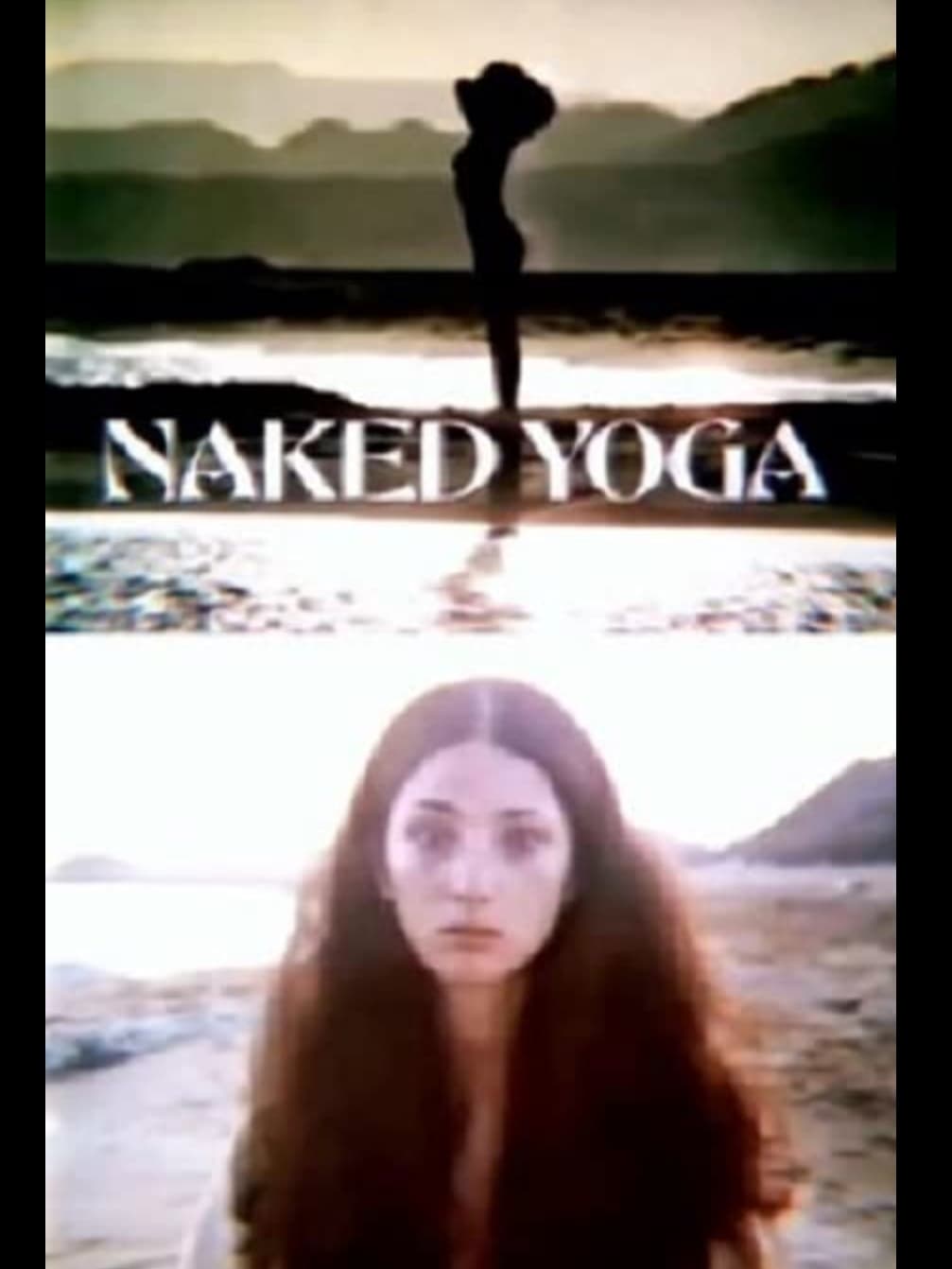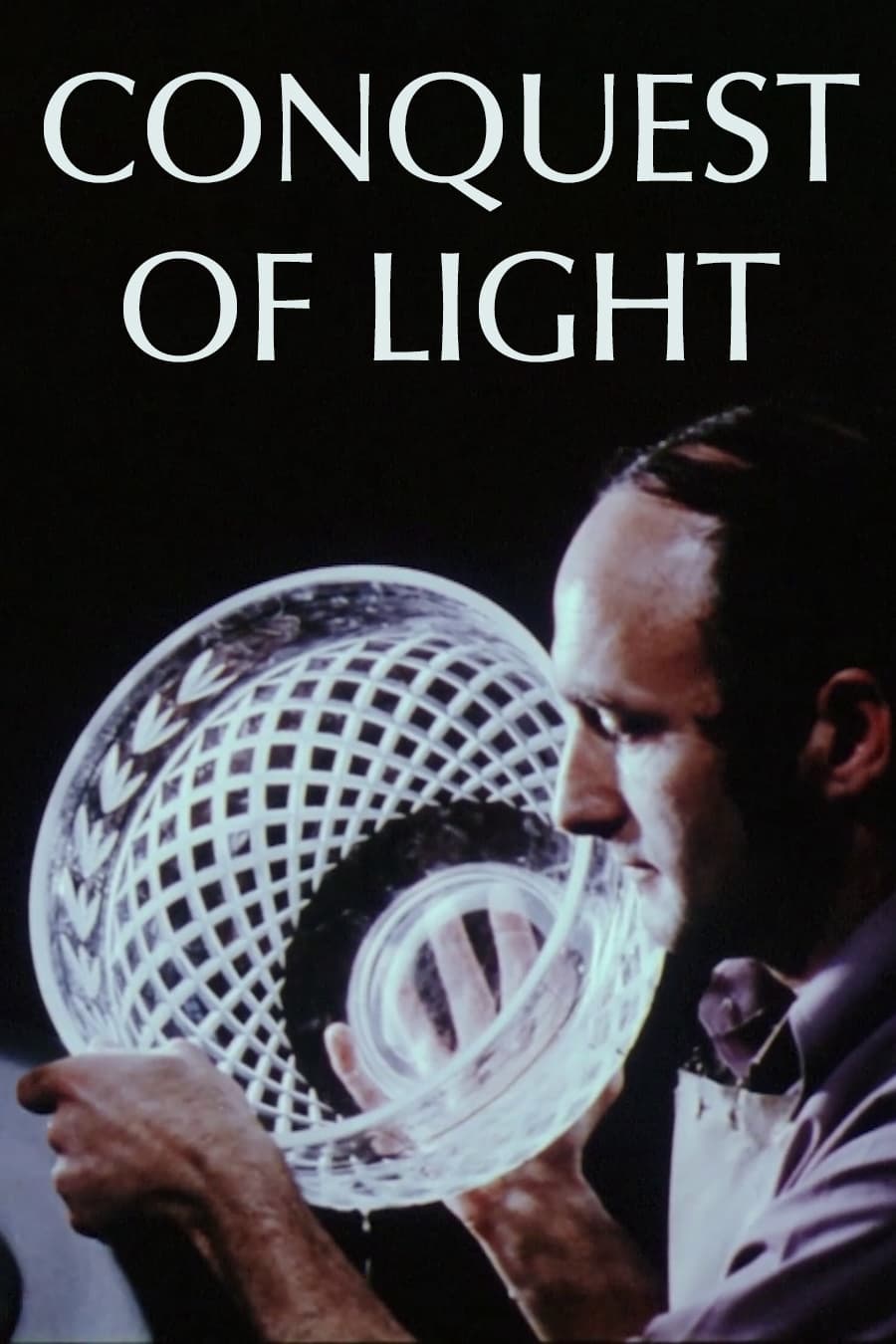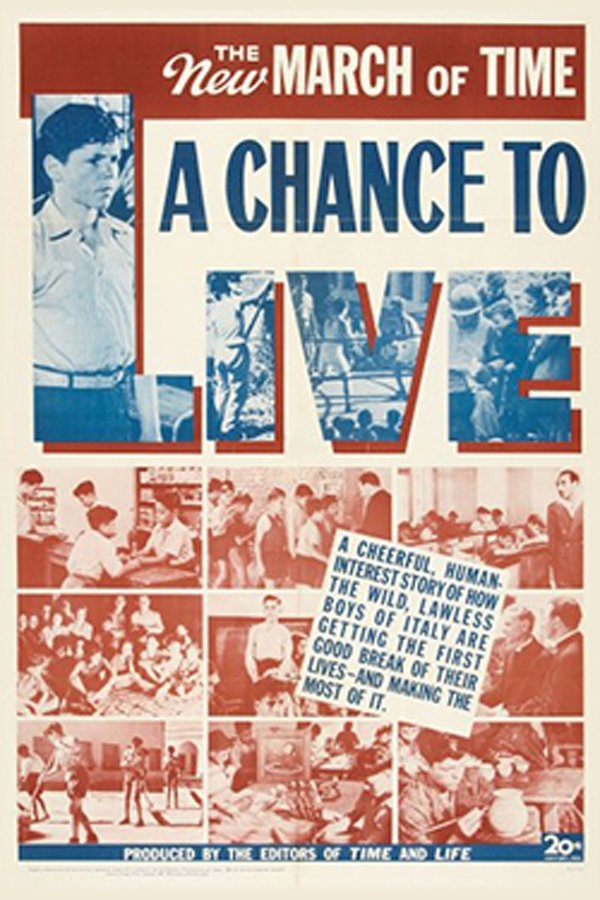
A Chance to Live (1949)
Overview
1949 documentary short that won an Oscar in a tie with "So Much For So Little". Preserved by the Academy Film Archive in 2005.
Production Companies
Additional Info
| Budget | $0.00 |
|---|---|
| Revenue | $0.00 |
| Original Language | en |
| Popularity | 0.101 |
Directed By
James L. Shute
Crew
James L. Shute
James L. Shute
James L. Shute
Richard De Rochemont
TOP CAST
Similar Movies
Tube Tales
An animated parody of television commercials and the television audience. Preserved by the Academy Film Archive.
Wieners and Buns Musical
A musical about an unhappy couple and the man that stands between them. Preserved by the Academy Film Archive in 2015.
The Mean Brothers "Get Stood Up"
Two brothers are stood up and lament through song. Preserved by the Academy Film Archive in 2015.
Beaver Fever
A short comedy by Curt McDowell. Preserved by the Academy Film Archive in 2015.
All About Eve
From the moment she glimpses her idol at the stage door, Eve Harrington is determined to take the reins of power away from the great actress Margo Channing. Eve maneuvers her way into Margo's Broadway role, becomes a sensation and even causes turmoil in the lives of Margo's director boyfriend, her playwright and his wife. Only the cynical drama critic sees through Eve, admiring her audacity and perfect pattern of deceit.
The Music Room
An aging, decadent landlord’s passion for music becomes the undoing of his legacy as he sacrifices his wealth in order to compete with the opulent music room of his younger, richer neighbour.
Butch Cassidy and the Sundance Kid
As the west rapidly becomes civilized, a pair of outlaws in 1890s Wyoming find themselves pursued by a posse and decide to flee to South America in hopes of evading the law.
Apur Sansar
Apu is a jobless ex-student dreaming vaguely of a future as a writer. An old college friend talks him into a visit up-country to a village wedding. Preserved by the Academy Film Archive in 1996.
Aparajito
Aparajito picks up where the first film leaves off, with Apu and his family having moved away from the country to live in the bustling holy city of Varanasi (then known as Benares). As Apu progresses from wide-eyed child to intellectually curious teenager, eventually studying in Kolkata, we witness his academic and moral education, as well as the growing complexity of his relationship with his mother. This tenderly expressive, often heart-wrenching film, which won three top prizes at the Venice Film Festival, including the Golden Lion, not only extends but also spiritually deepens the tale of Apu. Preserved by the Academy Film Archive in 1996.
Swiss Trip (Rivers and Landscapes)
The black and white, live-action Swiss Trip, scored with Bach's 3rd Brandenburg Concerto (like Motion Painting No. 1), is kind of a nature or travel film cut via noticeable (in-camera?) edits that give the impression the film is constantly blinking and foreshadow techniques Stan Brakhage would use in the '50s and '60s. Preserved by the Academy Film Archive in 2000.
Celery Stalks at Midnight
Early 'visual music' film by John Whitney. Preserved by the Academy Film Archive in 1999.
Primary
Primary is a documentary film about the primary elections between John F. Kennedy and Hubert Humphrey in 1960. Primary is the first documentary to use light equipment in order to follow their subjects in a more intimate filmmaking style. This unconventional way of filming created a new look for documentary films where the camera’s lens was right in the middle of what ever drama was occurring. Preserved by the Academy Film Archive in partnership with The Film Foundation in 1998.
The Fighting Generation
A 1944 propaganda short film produced for the U.S. Treasury Department and intended to boost war bond sales, directed by an uncredited Alfred Hitchcock and starring Jennifer Jones as a nurse's aide. Preserved by the Academy Film Archive, from the Academy War Film Collection, in 2008.
Exploratorium
An Oscar-nominated film with no narration showing the Exploratorium (The Palace of Arts and Science) in San Francisco. It shows many of the exhibits and the reaction of visitors to many of these. Preserved by the Academy Film Archive.
Naked Yoga
Three young ladies perform yoga without clothes in the open air of Cyprus. Another does the same in a studio. These visuals are interspersed with images of Eastern art, processed for "psychedelic" effect. The narrator relates the practice of yoga to Buddhist philosophy. Preserved by the Academy Film Archive in partnership with British Film Institute in 2012.
Conquest of Light
Examines the mesmerising construction of clear crystal glass pieces created by the craftsmen of Waterford. The process from the intense heat of the furnace to glass blowing, shaping, cutting, honing, filling and finishing is all depicted in this celebration of the art of creation of Waterford Glass. Academy Award Nominee: Best Live Action Short - 1976.
